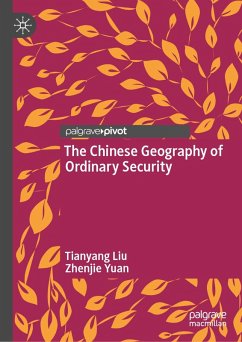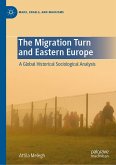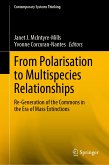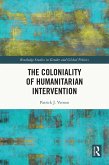Tianyang Liu is an Associate Professor in the School of Politics and Public Administration at Wuhan University. He is the co-founder and director of WHU-Melbourne Study Center on Global Governance. He obtained his PhD from the University of Melbourne, Australia. He has written articles on Chinese politics, non-traditional security, social conflict and political geography. His recent publications appear in International Affairs, Political Geography, Critical Asian Studies, The Pacific Review, Terrorism and Political Violence, International Relations of the Asia-Pacific, Comunicar, Asian Studies Review, Political Studies Review, International Communication Gazette and others. In addition, he authored the book China's Soft War on Terror: Space-Making Processes of Securitisation and co-authored the book Chinese Paradiplomacy at the Peripheries: Beyond the Hinterland. He also authored two Chinese monographs.
Zhenjie Yuan is a Professor in the School of Geography and Remote Sensing at Guangzhou University. He obtained his PhD from the University of Melbourne, Australia. His research focuses on social and cultural geographies, regional development, and the geographies of infrastructure in contemporary China. His recent publications appear in prominent journals such as Transactions of the Institute of British Geographers, Journal of Ethnic and Migration Studies, Cities, Journal of Rural Studies, Political Geography, Cultural Geographies, The China Quarterly, China Information, Environment and Planning A, Eurasian Geography and Economics, Higher Education, Asian Studies Review, Journal of Multilingual and Multicultural Development and others.
Dieser Download kann aus rechtlichen Gründen nur mit Rechnungsadresse in A, B, BG, CY, CZ, D, DK, EW, E, FIN, F, GR, HR, H, IRL, I, LT, L, LR, M, NL, PL, P, R, S, SLO, SK ausgeliefert werden.









